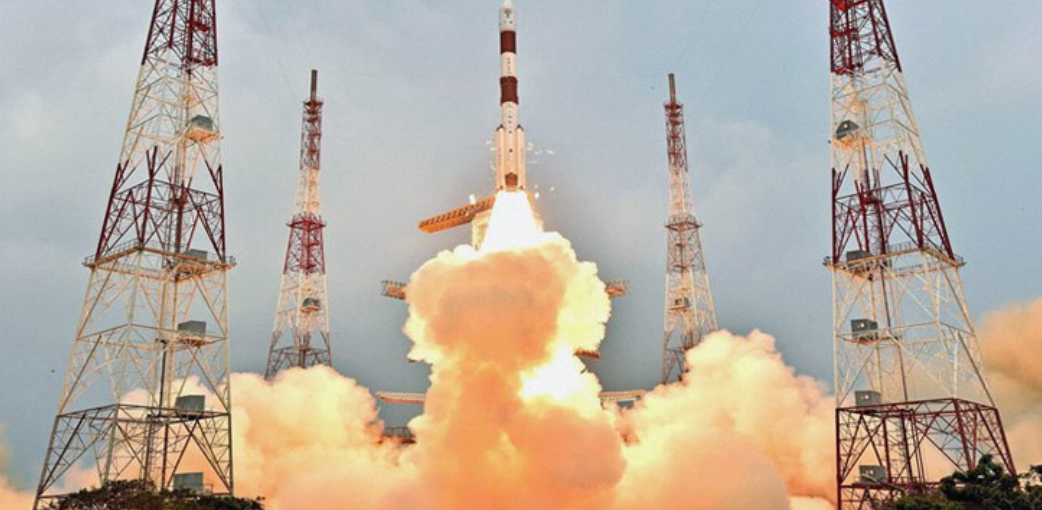On May 18, 2025, the Indian Space Research Organisation (ISRO) experienced a significant setback when its Polar Satellite Launch Vehicle (PSLV-C61) failed to deploy the EOS-09 Earth observation satellite into its intended orbit. This mission, marking ISRO’s 101st launch, encountered an anomaly during the third stage, leading to the loss of the satellite.
Mission Overview
The EOS-09 satellite, also known as Radar Imaging Satellite-1B, was designed to provide continuous and reliable remote sensing data for operational applications across various sectors. It was intended to be a follow-on to the RISAT-1 satellite, carrying a C-band synthetic-aperture radar (SAR) to enable Earth observation irrespective of light and weather conditions. The satellite was planned to operate in a sun-synchronous orbit at an approximate altitude of 529 km.
Launch Details
The PSLV-C61 rocket launched from the Satish Dhawan Space Centre at 5:59 AM IST. The first and second stages of the rocket performed as expected; however, the third stage experienced an anomaly, resulting in the failure to achieve the desired orbit. ISRO confirmed that the mission could not be accomplished due to this issue. The anomaly was identified as a drop in chamber pressure in the motor case during the third stage, which prevented the rocket from reaching the necessary velocity to place the satellite into orbit .@EconomicTimesWikipedia+1Wikipedia+1Dawn+2The Times of India+2@EconomicTimes+2AP News
Historical Context
This failure is particularly notable as it marks the first time in eight years that the PSLV, ISRO’s workhorse launch vehicle, has failed to deliver a satellite into orbit. The PSLV has been renowned for its reliability, successfully completing 100 missions prior to this incident. The last failure occurred in 2017 during the launch of the GSAT-6A communication satellite, which lost contact shortly after reaching orbit .
Implications and Future Steps
The loss of the EOS-09 satellite represents a significant disruption to India’s satellite deployment program. ISRO has initiated an investigation to determine the root cause of the anomaly and to implement corrective measures to prevent future occurrences. Despite this setback, ISRO’s track record in space exploration remains commendable, with notable achievements such as the successful Mars Orbiter Mission in 2014 and the Chandrayaan-2 mission to the Moon’s south pole in 2023 .
As ISRO continues to advance its space capabilities, this incident underscores the inherent challenges of space missions and the importance of rigorous testing and quality control in ensuring the success of future endeavors.
